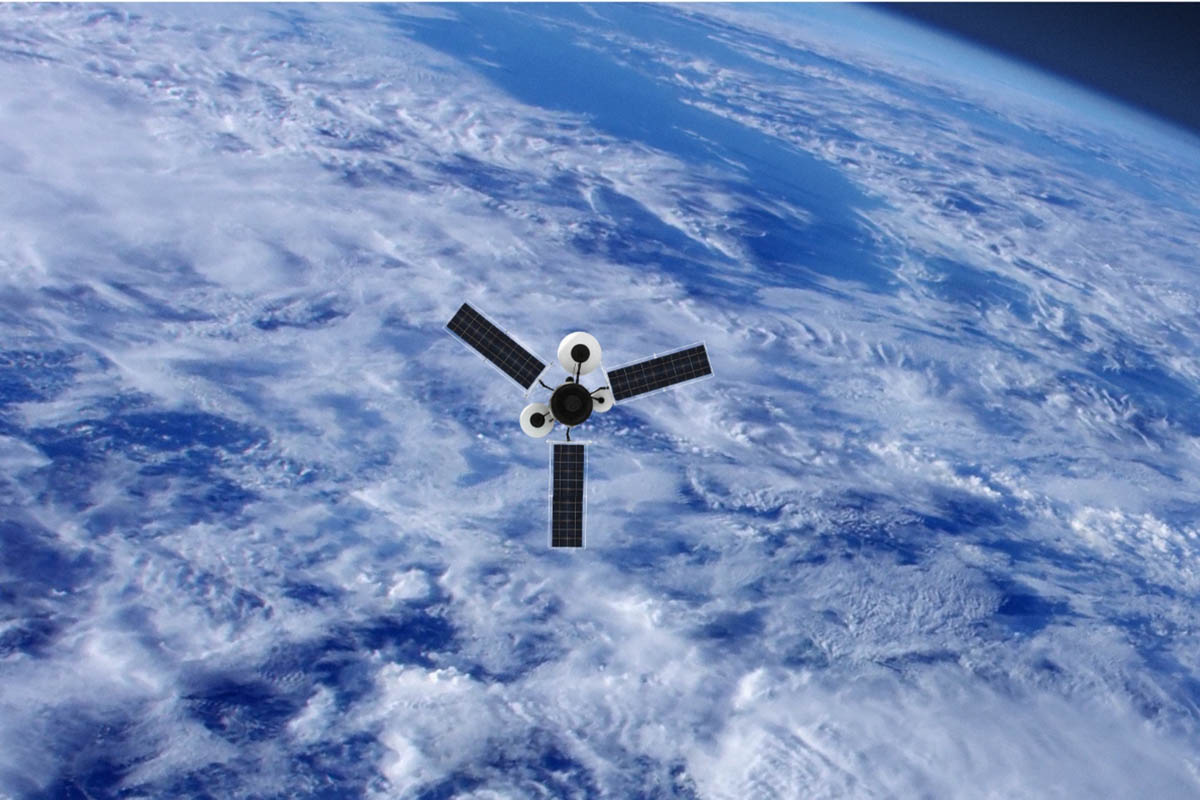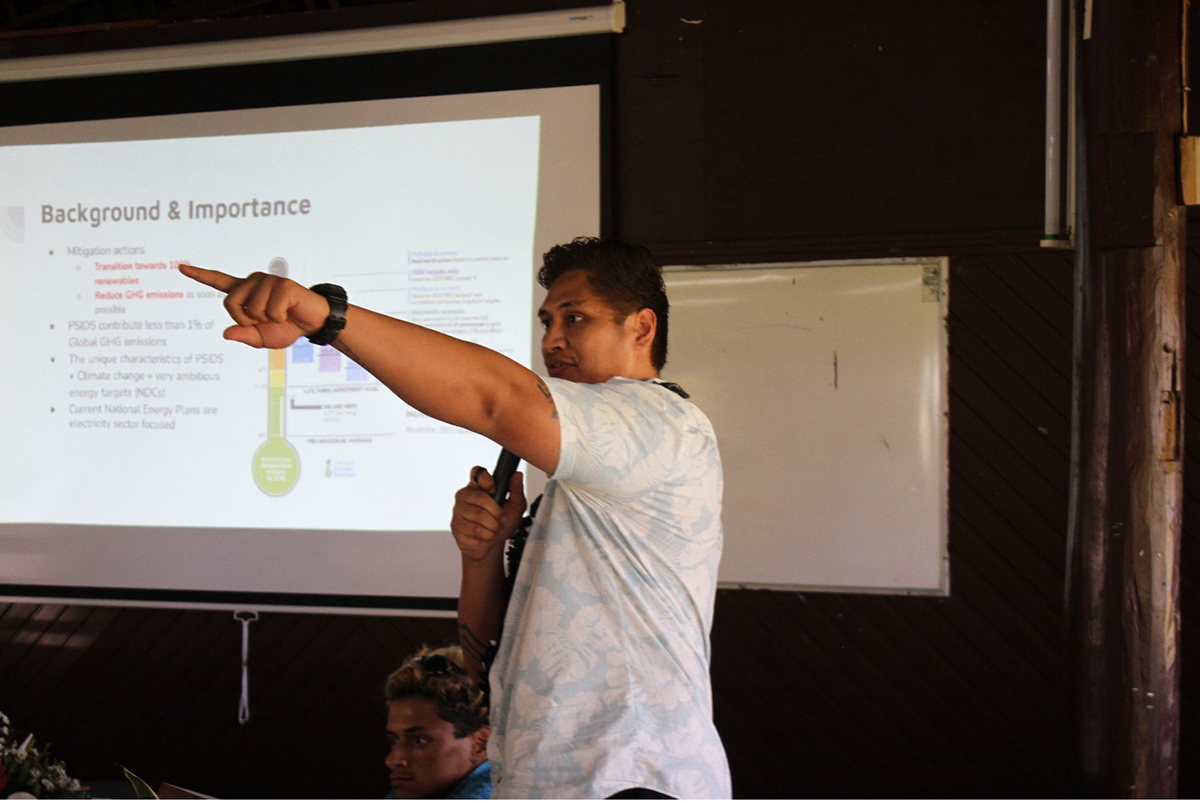Uncovering the Green Truth – The Role of Espionage in Geopolitics
February 4by Ainesh Dey and Jhanvi Jain
Environmental Espionage in the Modern World: An Overview
The premise of environmental espionage in the current geopolitical scenario cannot be overlooked, as environmental crises such as global warming, deforestation, and wildfires continue to shape global dynamics.
Collaborating to find solutions to these crises at a global level is crucial, but the involvement of each nation’s ulterior motives makes sharing environment or resource-related information potentially hazardous in the international sphere.
This raises the intricate relationship between environment-related information, global partnership, and the possibility of espionage. The seamless connection of these dynamics in international relations, combined with the divergent motives of each nation-state, highlights the transitional nature of the global landscape.
Environmental espionage involves the clandestine gathering of environmental information or data, including sensitive or proprietary information related to natural resources, climate patterns, or environmental technologies. This could occur through a variety of means, including cyber-espionage, human intelligence, or covert operations to gain access to critical environmental data.
Interconnectedness and the Multifaceted Impact of Information Sharing – A Critical Thread
In the current context of globalization, the question of sharing environment-related information becomes complex due to the potential susceptibility to espionage. However, the necessity to share such information is multifaceted. Indeed, in a world characterized by seamless connectivity and collaboration, a nation withholding crucial environment-related data needed for cooperation may open itself to various forms of pressure from other nations. This pressure could manifest in economic, social, and political dimensions, impacting the withholding nation in multiple ways.
In light of the nuanced implications of surveillance mechanisms, diplomacy must adapt to the changing times. The rapid advances in technology and the increasing openness of economies have made the flow of information difficult to control.
As nations grapple with balancing the imperatives of national security and the benefits of international cooperation, the role of diplomacy becomes even more critical in navigating the complexities of sharing environment-related information in a globalized world
Case Studies exhibiting the modus operandi of Environmental Espionage
On a holistic note, several unique case studies elaborate the nature of environmental espionage or covert gathering of information related to environmental activities, policies, and practices carried out by individuals, organizations, or governments.
The Kudankulam Nuclear Plant Cyber Attack
This type of espionage specifically focuses on obtaining confidential or classified data related to environmental issues, such as pollution levels, resource management, conservation strategies, and environmental regulations can be highlighted through the Kudankulam Nuclear Power Plant Cyber Attack in 2012 in India.
In this particular case, a third party called DTrack was used by hackers to attack financial and research centers in India. It attacked the computer system in the power plant and retrieved information related to the nuclear power resources in India and plans of the Indian Government with regard to nuclear power plants. This therefore is an attack on the security of India at large.
An important point that should be noted is that the cyber-attack on the Kudankulam Nuclear Power Plant was carried out in collaboration with the Russian government and a third party called DTrack identified as a North Korea-based company that was trying to infringe upon the security of India. This can be possibly attributed to the sensitive yet strained relations between the Russian government and the North Korean government, however it should be taken into consideration that despite a warning to the Nuclear Power Corporation of India Limited (NPCIL) from the cybersecurity forces in India about a potential cyber-attack, it chose to ignore the warning and this brings to the fore the importance of ever active vigilance.
The South China Sea: A major hotspot for information acquisition
Another similar instance that can be pointed out is about the activities in the South China Sea where several countries especially China, Indonesia along with Australia, the USA, and India say they are carrying out maritime-related research and surveys, but it is believed to be a front for military activities and a new form of spying in contemporary times whereby the states are constantly trying to acquire information with regard to the deployment of military or naval ships, etc.
Technical Disruptions in the Middle East
Furthermore, geopolitical tensions in the Middle East often revolve around water scarcity. Countries like Israel, Jordan, and Palestine have been involved in disputes over access to water resources. In this regard, espionage or covert information gathering may occur in these regions to gain insights into water management strategies, plans, or technological advancements related to water conservation.
Arctic Resource Exploration
A major premise revolves around the exploration of resources of the Arctic. As the Arctic ice melts due to climate change, the region becomes more accessible for resource exploration. Countries like Russia, the United States, Canada, Denmark, and Norway have interests in the potential oil, gas, and mineral resources. Information related to exploration plans, environmental impact assessments, and resource estimates could be of strategic importance, leading to potential espionage activities.
With cyberspace being a free space, rule-free, and with advanced technological developments, the paradoxical nature of withholding environment-related information as replete in the aforementioned instances, the need to share information in contemporary times of collaboration and cooperation through effective diplomacy and ever-active vigilance shows that the space is a constantly evolving space in the arena of geopolitics.
Conclusion
In conclusion, environmental espionage has significant geopolitical implications, affecting state relations, environment protection efforts, technological innovation and strategic interests. The covert acquisition of environmental information and technologies can disrupt international co-operation, stain diplomatic relations and influence resource security and power dynamics among nations.
Additionally, the repercussions of environmental espionage extend far beyond the immediate geopolitical arena, permeating into the very fabric of global sustainability and environmental stewardship. The clandestine acquisition of environmentally sensitive data can compromise the integrity of conservation efforts, exacerbate ecological vulnerabilities and impede the progress towards collective climate action.
Co-author Jhanvi Jain is a student at St. Xavier’s College Kolkata, India. She is passionate about policy development, journalism, and content creation. Jhanvi has experience in these areas and is eager to continue working in similar spaces.






